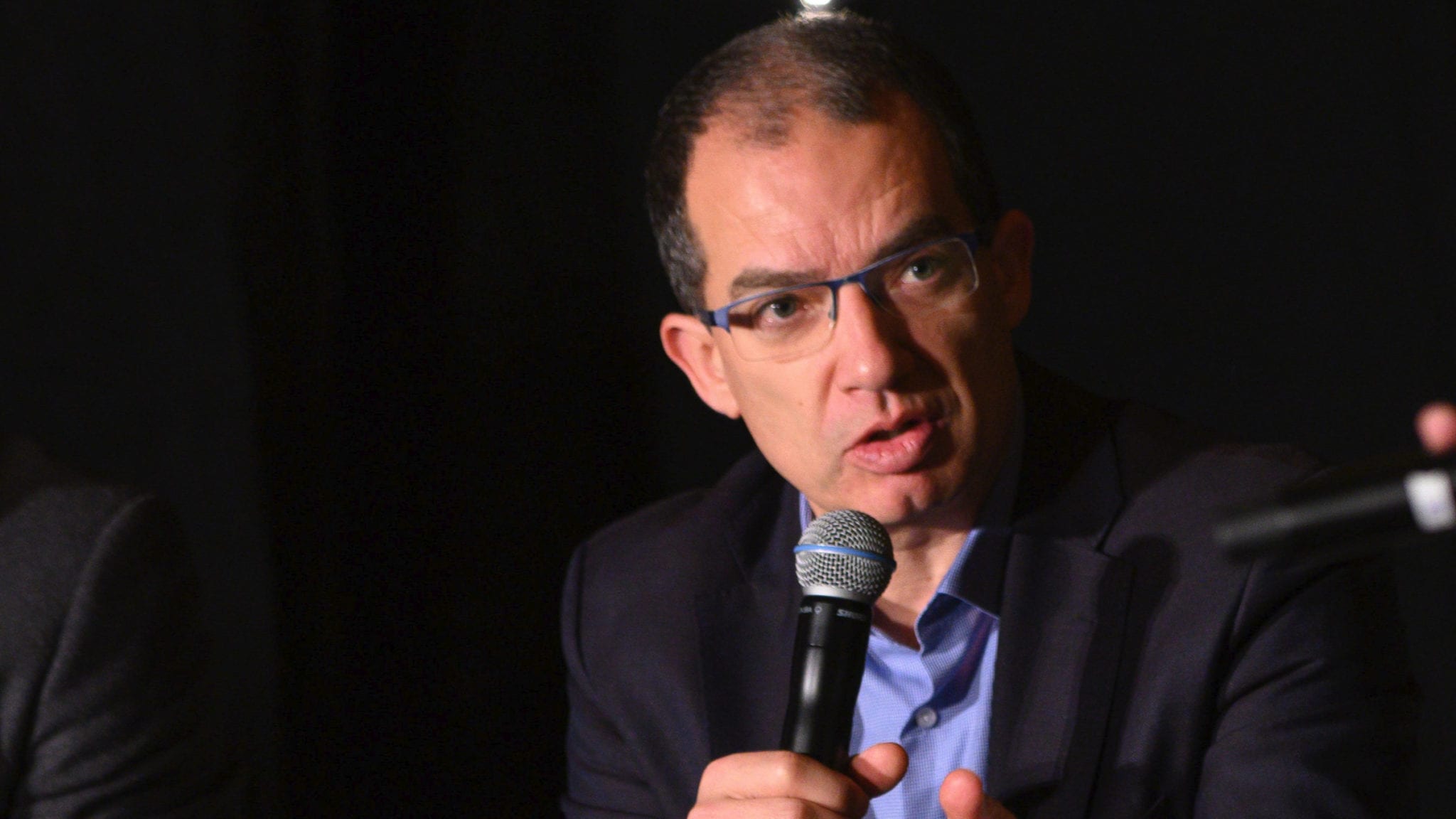
Stéphane Bancel at the Endpoints #JPM20 breakfast panel in San Francisco, January 2020 (Photo: Jeff Rumans, Endpoints News)
Moderna says Covid-19 vaccine booster increased immune response against variants of concern
About a month after announcing their variant-specific Covid-19 vaccine boosters showed promising results in mice, Moderna says it now has some human data to …
Sign up to read this article for free.
Get free access to a limited number of articles, plus choose newsletters to get straight to your inbox.